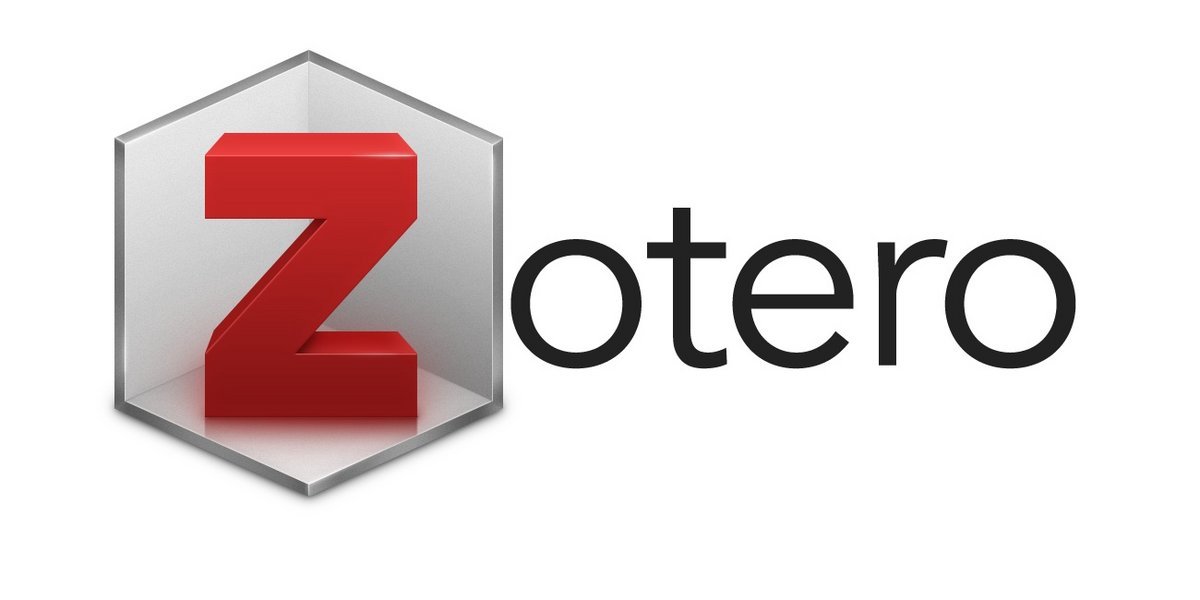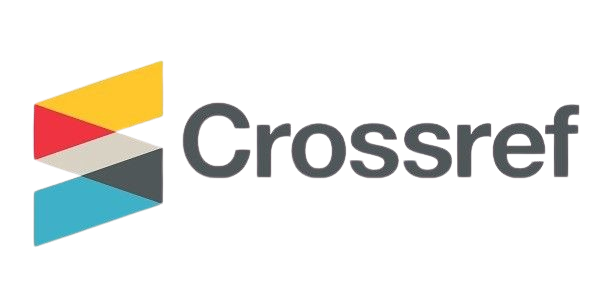Program Unggulan dalam Pengembangan Kurikulum di Madrasah Ibtidaiyah
Flagship Programs in Curriculum Development at Madrasah Ibtidaiyah
DOI:
https://doi.org/10.70757/kharismatik.v1i2.35Keywords:
curriculum development, education management, flagship programAbstract
This research examines the implementation and management of curriculum development through the flagship program at MIT Persis 24 Rancaekek Kabupaten Bandung Rancaekek Bandung. The main focus includes the relationship between curriculum and education and the philosophical foundation underlying the preparation of the flagship program. The curriculum is positioned as a strategic instrument in achieving educational goals. This research uses a qualitative approach with a field study method and the theoretical framework of education management and curriculum theory. The results showed that curriculum management which includes planning, organizing, implementing and evaluating plays an important role in the effectiveness of program implementation. A well-structured curriculum supports the integration of general and religious knowledge. Excellent programs such as Tahfidz, Tahsin, Nahwu Science, Sharaf, Mahfudlat, Ushul Fiqh, and Hadyu Rasul are designed to strengthen Islamic character and increase the competitiveness of educational institutions. The implementation of this program has a positive impact on the school's image and public interest in choosing MIT Persis 24 Rancaekek Kabupaten Bandung as a children's educational institution. Overall, the flagship program proved to be an effective strategy in improving the quality of education based on Islamic values.
References
Adib, M. A. (2024). Menuju Pembelajaran Madrasah yang Lebih Efektif: Sebuah Solusi dan Pendekatan Baru. Madrasah : Jurnal Pendidikan Madrasah, 1(1). https://doi.org/10.61590/mad.v1i1.1
Aji, G. S. (2019). Pengembangan Kurikulum Program Unggulan Di Sd Muhammadiyah Kleco Kotagede. Jurnal Pendidikan Agama Islam, 16(1), 63–74. https://doi.org/10.14421/jpai.2019.161-04
Aliyah, A. (2023). Pelatihan Implementasi Kurikulum Merdeka Di Madrasah Aliyah Al Mustofawiyah Karangtengah Cianjur. Pastabiq : Jurnal Pengabdian Kepada Masyarakat, 2(2), 47–52. https://doi.org/10.56223/pastabiq.v2i2.166
Amalia, E., & Ibrahim, I. (2017). Efektivitas Pembelajaran Fiqih dengan Mengunakan Metode Demonstrasi di Madrasah Ibtidaiyah Negeri Desa Penggage-Muba. JIP Jurnal Ilmiah PGMI, 3(1), 98–107. https://doi.org/10.19109/jip.v3i1.1380
Amir, F., & Suja’i, A. (2023). Analisis Problematika Dan Tantangan Madrasah Menjadi Lembaga Pendidikan Islam Unggul Di Masa Neo Modern. Tarbawi: Jurnal pemikiran dan Pendidikan Islam, 6(2), 180–192.
Asmara, Y., & Nindianti, D. S. (2019). Urgensi Manajemen Kelas Untuk Mencapai Tujuan Pembelajaran. SINDANG: Jurnal Pendidikan Sejarah dan Kajian Sejarah, 1(1), 12–24. https://doi.org/10.31540/sdg.v1i1.192
Astriya, B. R. I. (2023). IMPLEMENTASI PENDIDIKAN KARAKTER (CHARACTER EDUCATION) MELALUI KONSEP TEORI THOMAS LICKONA DI PAUD SEKARWANGI WANASABA. JEA (Jurnal Edukasi AUD), 8(2), 227. https://doi.org/10.18592/jea.v8i2.7634
El Hakim, M. D., & Fahyuni, E. F. (2020). Pendidikan Islam dalam Perspektif Syed Naquib Al-Attas dan Relevansinya bagi Pengembangan Pendidikan Islam di Indonesia. ISLAMIKA, 2(1), 46–62. https://doi.org/10.36088/islamika.v2i1.494
Elfrika Suka Indah Br Ginting, Wilchan Robain, Widia Br Ginting, Sandhi Yuda Prakoso, Yesi Rahmawati, & Nabila Azhari. (2025). Penerapan Model Kotter Dalam Manajemen Perubahan Organisasi. Jurnal Riset Multidisiplin Edukasi, 2(1), 192–200. https://doi.org/10.71282/jurmie.v2i1.31
Faedlulloh, D., Maarif, S., Meutia, I. F., & Yulianti, D. (2020). Birokrasi dan Revolusi Industri 4.0: Mencegah Smart ASN menjadi Mitos dalam Agenda Reformasi Birokrasi Indonesia. Jurnal Borneo Administrator, 16(3), 313–336. https://doi.org/10.24258/jba.v16i3.736
Forasidah. (2021). Optimalisasi Dalam Pengelolaan Ruang Terbuka Hijau Publik Taman Kota Di Kota Banjarbaru. Jurnal PubBis, 5(2), 124–138. https://doi.org/10.35722/pubbis.v5i2.446
Hamalik, O. (2013). Kurikulum dan Pembelajaran. Bumi Aksara.
Ismayani, A. (2019). Metodologi penelitian. Syiah Kuala University Press.
Junaedi Sitika, A., Rezkia Zanianti, M., Nofiarti Putri, M., Raihan, M., Aini, H., Nur, I., Walady Sobari, K., Singaperbangsa Karawang, U., & Ronggowaluyo Telukjambe Timur Karawang, J. (2023). Pengembangan Kurikulum Pendidikan Agama Islam Sebagai Upaya Memperkuat Nilai-Nilai Keagamaan. Journal on Education, 6(1), 5899–5909.
Kuswara, H., Kuswarno, E., Mudrikah, A., & Kosasih, U. (2021). Stufflebeam’s Model Application of Education Management Information Systems (EMIS) in Improving the Quality of Learning Services. Nidhomul Haq : Jurnal Manajemen Pendidikan Islam, 6(1), 72–93. https://doi.org/10.31538/ndh.v6i1.1311
Lazuardi, D. (2017). Manajemen kurikulum sebagai pengembangan tujuan pendidikan. Al-Idarah: Jurnal Kependidikan Islam, 1, 99–112.
Magdalena, I., Septiarini, A. A., & Nurhaliza, S. (2020). PENERAPAN MODEL-MODEL DESAIN PEMBELAJARAN MADRASAH ALIYAH NEGERI 12 JAKARTA BARAT. PENSA : Jurnal Pendidikan dan Ilmu Sosial, 2(2), 241–265.
Mariyah, S., Hasibuan, L., Anwar, K., & Rizki, A. F. (2021). Perspektif pengelolaan pendidikan fungsi pengelolaan (planning, organizing, actuating, controlling). Instructional Development Journal (IDJ, 4(3), 268–281.
Marwiji, H., Qomaruzzaman, B., & Zaqiah, Q. Y. (2023). Inovasi Dalam Bidang Kurikulum: Merdeka Belajar, Kampus Merdeka dan Penerapannya. Jurnal Educatio FKIP UNMA, 9(4), 2194–2203.
Moleong, L. J. (2018). Metodologi penelitian kualitatif. PT Remaja Rosdakarya.
Palah, & Soe’aiddy, M. D. (2019). Pembelajaran Nilai-nilai Moral Islami melalui Bermain, Cerita dan Menyanyi (Di RA At-Tarbiyyah Cijabon Cicantayan Kabupaten Sukabumi). WALADUNA: Jurnal Pendidikan Islam Anak Usia Dini, 2(1), 34–45.
Roziqin, Z. (2019). Menggagas Perencanaan Kurikulum Sekolah Unggul. As-Sabiqun, 1(1), 44–56. https://doi.org/10.36088/assabiqun.v1i1.161
Sa’adiyah, I. (2023). PENGUKURAN DAMPAK PENGGUNAAN MEDIA AUDIO-VISUAL DALAM PROSES PEMBELAJARAN SEJARAH KEBUDAYAAN ISLAM. Kharismatik: Jurnal Ilmu Pendidikan, 1(1), 8–17.
Sa’Idu, N. (2021). DIFUSI INOVASI MANAJEMEN PERUBAHAN MODEL KURT LEWIN PADA MADRASAH DENGAN PENDEKATAN PRINSIP TRINGA. CENDEKIA: Jurnal Ilmu Pengetahuan, 1(4), 337–347. https://doi.org/10.51878/cendekia.v1i4.611
Sukmadinata, NS. (2017). Pengembangan Kurikulum. Teori dan Praktek. Remaja Rosdakarya.
Susilawati, I., Sarbini, A., & Setiawan, A. I. (2016). Implementasi Fungsi Manajemen dalam Pelayanan Bimbingan Manasik Haji di Kelompok Bimbingan Ibadah Haji. Tadbir: Jurnal Manajemen Dakwah, 1(2), 190–206. https://doi.org/10.15575/tadbir.v1i2.135
Syam, A. R. (2017). Posisi Manajemen Kurikulum Dan Pembelajaran Dalam Pendidikan. MUADDIB:Studi Kependidikan dan Keislaman, 7(1), 33–46. https://doi.org/10.24269/muaddib.v7n1.2017.33-46
Taufik, A. (2019). Perspektif Tentang Perkembangan Sistem Pembelajaran Jarak Jauh Di Kabupaten Kutai Kartanegara Kalimantan Timur. Jurnal Pendidikan&Konseptual, 3(2), 88–98. https://doi.org/DOI:http://doi.org/10.28926/riset_konseptual.v2i4.111
Ulfah, U., Supriani, Y., & Arifudin, O. (2022). Kepemimpinan Pendidikan di Era Disrupsi. JIIP - Jurnal Ilmiah Ilmu Pendidikan, 5(1), 153–161. https://doi.org/10.54371/jiip.v5i1.392
Wahyudi, K. (2018). MANAJEMEN PEMASARAN PENDIDIKAN. Kariman: Jurnal Pendidikan Keislaman, 4(2), 99–116. https://doi.org/10.52185/kariman.v4i2.43
Downloads
Published
How to Cite
Issue
Section
Citation Check
License
Copyright (c) 2024 Kharismatik : Jurnal Ilmu Pendidikan

This work is licensed under a Creative Commons Attribution-ShareAlike 4.0 International License.
Authors who publish articles in Kharismatik agree to the following terms:
- Authors retain copyright of the article and grant the journal right of first publication with the work simultaneously licensed under a CC-BY-SA or The Creative Commons Attribution–ShareAlike 4.0.
- Authors are able to enter into separate, additional contractual arrangements for the non-exclusive distribution of the journal's published version of the work (e.g., post it to an institutional repository or publish it in a book), with an acknowledgment of its initial publication in this journal.
- Authors are permitted and encouraged to post their work online (e.g., in institutional repositories or on their website) prior to and during the submission process, as it can lead to productive exchanges, as well as earlier and greater citation of published work (See The Effect of Open Access).













